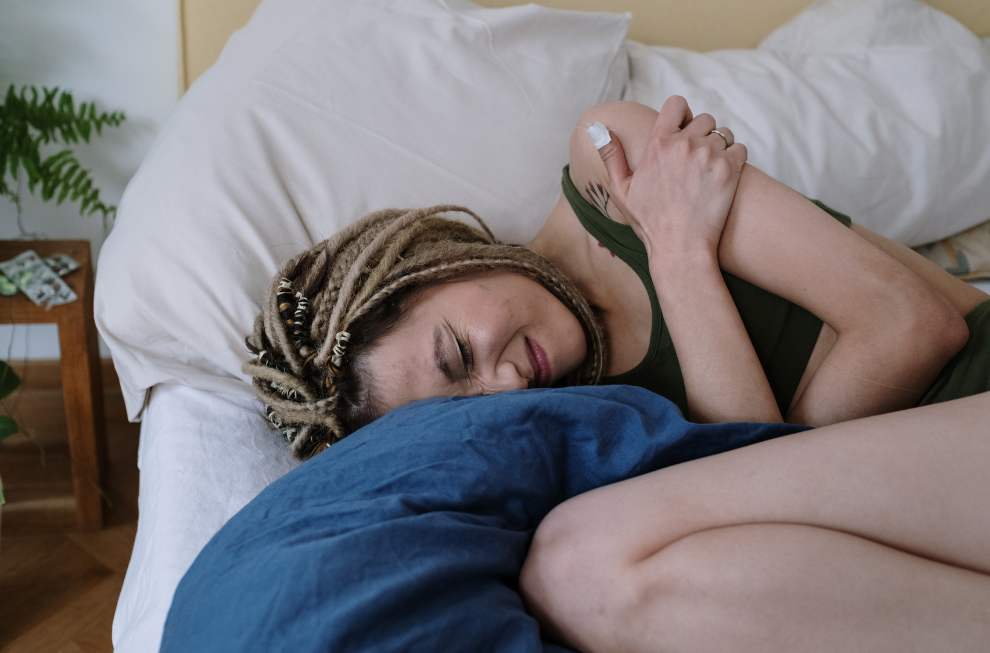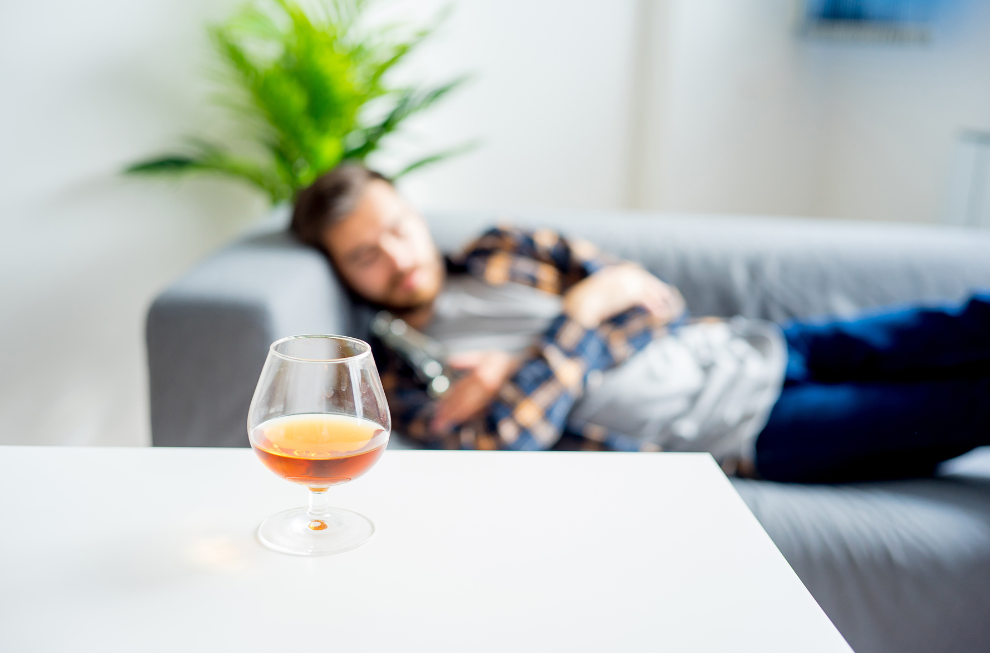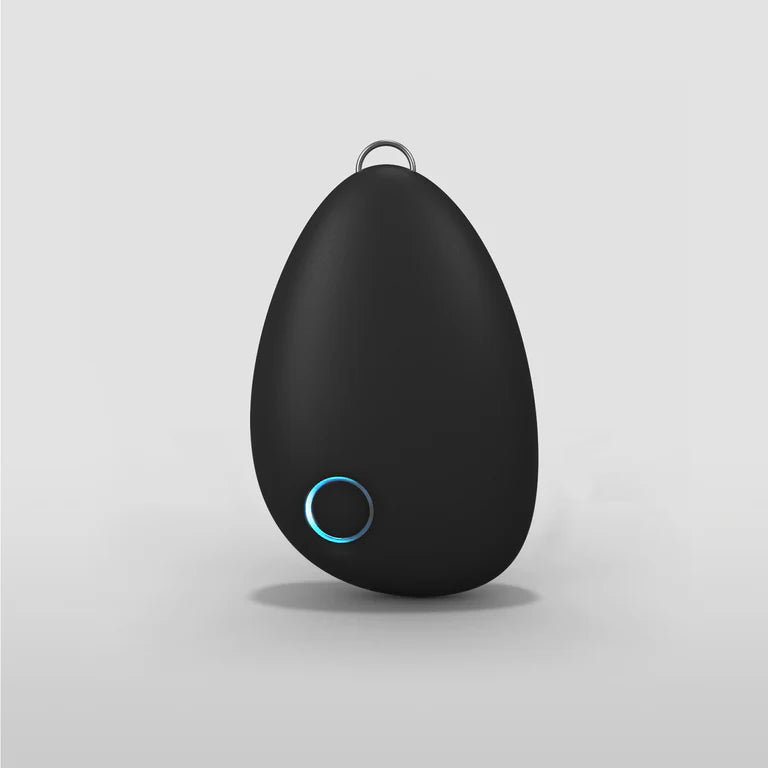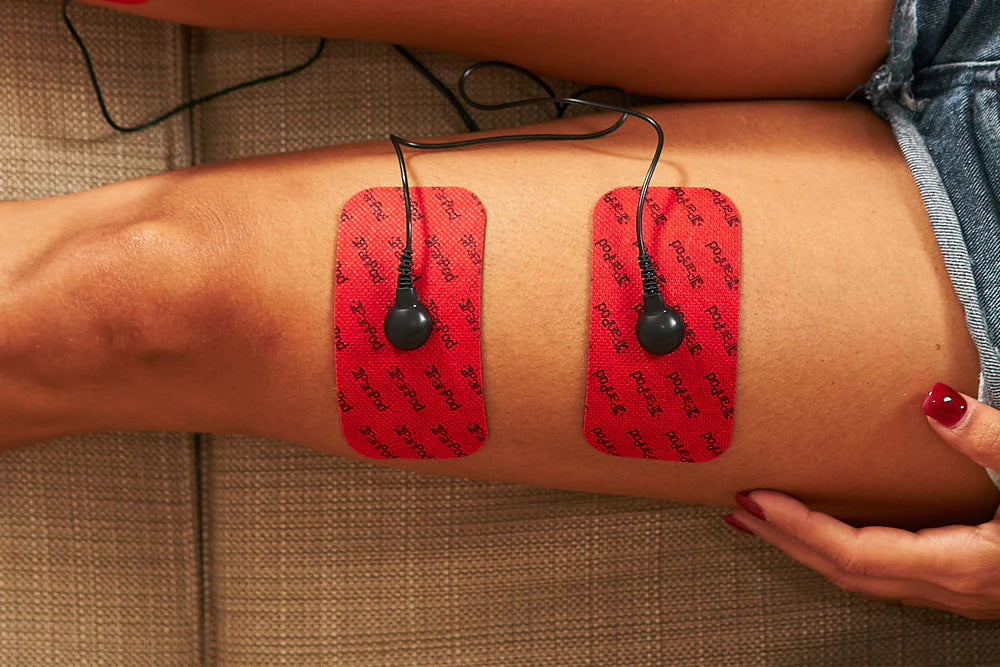Despite its importance, many people struggle to get sufficient, high-quality sleep. Two common culprits that disrupt sleep patterns are caffeine and alcohol. Understanding how these substances affect sleep can help you make better choices.

How Chronic Pain Affects Sleep: Understanding the Connection
Chronic Pain and Sleep: Breaking the Cycle
Chronic pain affects millions of people worldwide and can disrupt daily life in major ways. One of the hardest parts of living with chronic pain is how it interferes with sleep.
Poor sleep, in turn, can make pain worse. Understanding this connection is important for finding ways to improve both pain and sleep.
The Vicious Cycle: Pain and Sleep
Chronic pain and poor sleep often feed into each other, creating a difficult cycle. Pain makes it harder to fall asleep, stay asleep, and reach deep, restorative sleep. At the same time, poor sleep can make people more sensitive to pain. Research shows this cycle is very common:
- Pain-Induced Insomnia: A study in Sleep (1) found that people with chronic pain often struggle with insomnia. Pain disrupts normal sleep patterns, leading to broken, less restorative sleep.
-
Amplified Pain Perception: Research in the Journal of Neuroscience (2) shows that lack of sleep increases pain sensitivity. Even small aches can feel worse when someone is sleep-deprived, keeping the pain-sleep cycle going.
The Role of Inflammation
Inflammation also plays a key role. Conditions like arthritis and fibromyalgia often involve high levels of inflammation, which can affect sleep.
-
Inflammatory Cytokines and Sleep: A review in Sleep Medicine Reviews (3) explains that inflammatory chemicals in the body, such as interleukin-6 (IL-6) and tumour necrosis factor-alpha (TNF-α), can reduce sleep quality. These chemicals can make it harder to stay asleep and promote wakefulness.
The Psychological Impact
Chronic pain doesn’t just affect the body - it also impacts mental health. Anxiety and depression are common in people with long - term pain and can make sleep problems worse.
-
Anxiety, Depression, and Sleep: A study in The Clinical Journal of Pain (4) found strong links between chronic pain, anxiety, depression, and sleep problems. Stress and emotional strain make it even harder to relax and fall asleep.
Strategies for Better Sleep
To improve sleep in people with chronic pain, a mix of approaches is often needed:
- Pain Management: Medications, physical therapy, and alternative treatments can improve sleep by reducing pain. A study in the Journal of Pain Research (5) found that pain relief also improved sleep outcomes.
- Sleep Hygiene: Setting a regular sleep schedule, keeping the bedroom comfortable, and avoiding caffeine or screens before bed can all help.
- Cognitive Behavioural Therapy for Insomnia (CBT-I): CBT-I is a proven treatment that helps people change unhelpful thoughts and behaviours around sleep. It has been shown to work well for people with chronic pain.
The link between chronic pain and sleep is both clear and complex. Pain makes sleep worse, and poor sleep makes pain feel stronger.
By addressing pain, inflammation, and emotional health together, it’s possible to break this cycle. Better sleep can lead to less pain and an improved quality of life.
References
- Smith, M. T., & Haythornthwaite, J. A. (2004). How do sleep disturbance and chronic pain inter-relate? Sleep, 27(3), 489-496.
- Tiede, W., Magerl, W., Baumgärtner, U., Durrer, B., & Ehlert, U. (2010). Sleep deprivation increases pain sensitivity. Journal of Neuroscience, 30(38), 12795-12802.
- Irwin, M. R., & Opp, M. R. (2017). Sleep health: Reciprocal regulation of sleep and innate immunity. Sleep Medicine Reviews, 33, 28-37.
- Finan, P. H., Goodin, B. R., & Smith, M. T. (2013). The association of sleep and pain: An update and a path forward. The Clinical Journal of Pain, 29(6), 442-450.
- Häuser, W., Wolfe, F., Tölle, T., Uçeyler, N., & Sommer, C. (2011). The role of pain-related beliefs and behaviors in the risk of chronic pain in fibromyalgia syndrome: A prospective study. Journal of Pain Research, 4, 285-293.
While many factors contribute to sleep quality, recent research has highlighted the potential benefits of omega-3 fish oils. These essential fatty acids play a significant role in various bodily functions, including sleep regulation.
Read More
Related Products
- Regular Price
- $421.52
- Sale Price
- $421.52
- Regular Price
-
$479.00
- Unit Price
- per


















